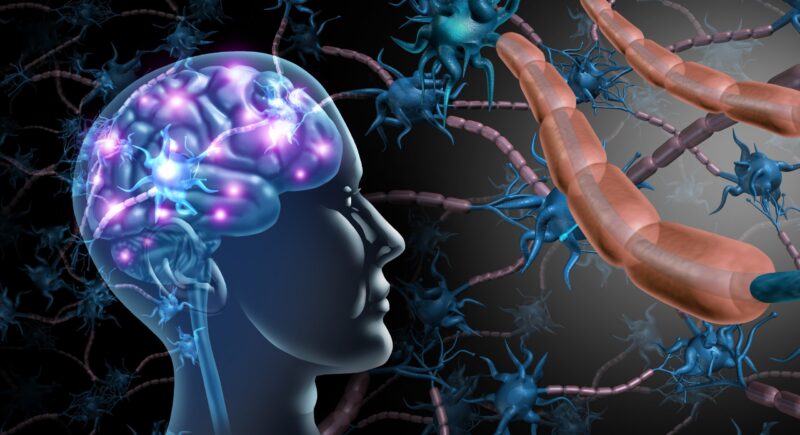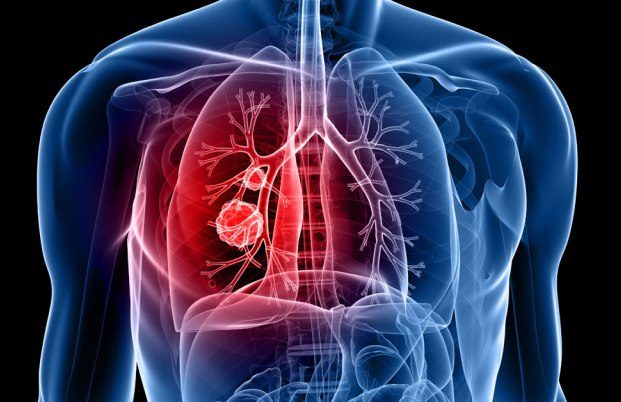Muscle fatigue may be causes brain inflammation in the brain, per a recent study from Washington University School of Medicine. The findings provide fresh hope for the treatment of weariness and muscle soreness in conditions like long-term COVID and Alzheimer’s!

In a recent study, it was discover that brain inflammation can lead to loss of muscle function and fatigue. The relationship between muscle and brain inflammation was the subject of interest by investigators from Washington University School of Medicine. Inflamme brain releases proteins which in turn reduce skeletal muscle energy.
Hence in most instances leads to tiredness and decreased strength.
Research on fruit flies and mice was done, and the results were published in the journal Science Immunology.
It discovered strategies to obstruct this process, providing fresh hope for the management of weariness and muscle soreness in conditions like Alzheimer’s and prolonged COVID.
The study claims that Neuroinflammation, or inflammation of the brain, is brought on by infections. long-term illnesses like Alzheimer’s, and aging naturally. Neuroinflammation alters the structure of neurons, which impairs neural function.
It primarily affects the central nervous system (CNS), but it also results in issues with the muscles.
“This goes beyond feeling unwell and not wanting to move around,” said Dr. Aaron Johnson, the study’s senior author.
He continued, “These processes reduce energy levels in skeletal muscle, decreasing the capacity to move and function normally.”
In order to investigate how CNS stressors impact motor function.
The study modeled three different disease types: Alzheimer’s disease, SARS-CoV-2 virus infection, and E. Coli bacterial infection.
They found that reactive oxygen species build up in the brain due to inflammatory proteins, and that this causes mice to produce interleukin-6 (IL-6).
Consequently, the JAK-STAT pathway in muscles is triggered, leading to a decrease in motor function and mitochondrial malfunction.
Studies reveales that motor function was diminished in flies and mice whose brains contains Covid-associated proteins.
Johnson added, “We also see evidence that this effect can become chronic.” “In our experiments, the reduced muscle performance lasts for many days even after an infection is quickly cleare.”
These results, according to the researchers, probably apply to people.
For example, autopsies of Covid-19 patients have revealed the presence of inflammatory SARS-CoV-2 proteins in their brains, and many Covid patients continue to experience extreme fatigue and muscle weakness long after the initial infection has cleared.
The finding that the JAK-STAT pathway in muscles decreases. the production of mitochondrial energy suggests possible therapies for muscle weakness associated with inflammation in the brain.
It’s unclear, though, why these diseases cause the brain to send a signal that impairs muscle function.
Read Also – How To Calm Your Mind Instantly? 5 Meditation For Mental Health You Must Try
Although they stress the need for more research. the researchers hypothesize that it could be a mechanism for the brain to reallocate resources during illness.








